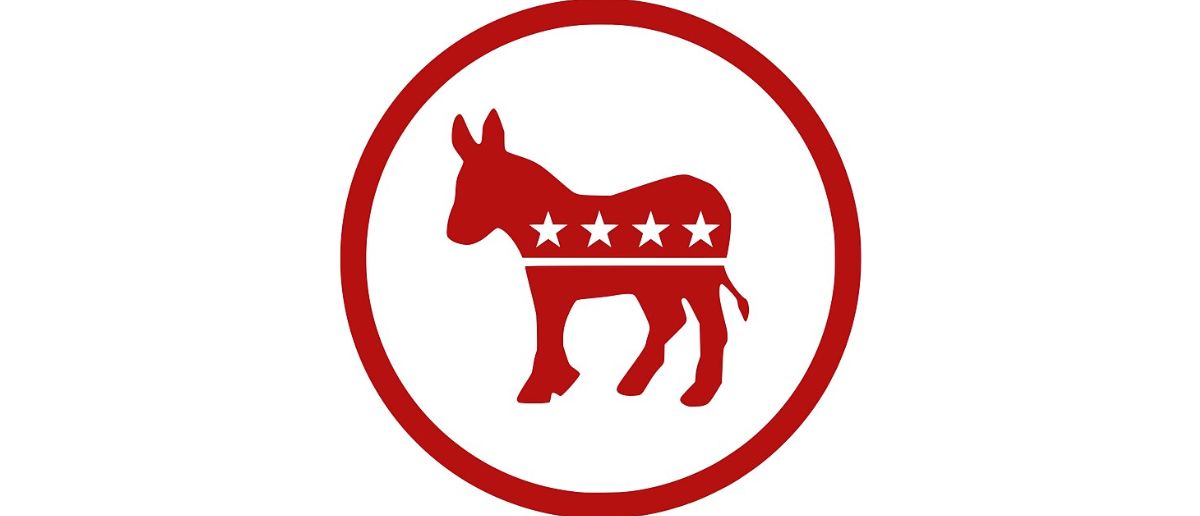
The Trump administration is not afraid to shake things up. This one is making waves.
As Trump’s Secretary of Defense has shared a super controversial announcement about the U.S. military.
Pentagon Overturns Ban on ‘Bay Tossing,’ Considers Reviving ‘Shark Attacks’ in Basic Training
Defense Secretary Pete Hegseth has ordered the military to lift a prohibition on “bay tossing” for recruits and is exploring the reinstatement of “shark attacks” by drill sergeants during basic training, aiming to enhance the rigor of initial military training, according to Pentagon sources.
In late July, Col. C.J. Hallows, commander of the 197th Infantry Brigade at Fort Benning, Georgia, issued an order banning “bay tossing,” a practice where drill sergeants disrupt recruits’ living spaces by overturning mattresses, scattering locker contents, or knocking over trash cans to enforce discipline. Hegseth, however, reversed this ban earlier this month, a Pentagon official confirmed.
“Bottom Line: Make BASIC Great Again,” the Pentagon source said. “Tossing bunks is back. Drill sergeants are back. Getting cursed at is back.” The Defense Department is also considering reinstating “shark attacks,” a former Army tradition discontinued recently, where drill sergeants aggressively confront new recruits with intense, chaotic verbal challenges to test their resilience and instill discipline, another defense official stated.
Hallows’ initial July 30 memo, citing U.S. Army Training and Doctrine Command (TRADOC) regulations, emphasized that “our mission is to provide competent, capable, well-trained Soldiers of good character, ready to fight and win our nation’s wars” and that “there is no greater obstacle to the effectiveness of the IMT [initial military training] environment than the improper treatment of Trainees.” He argued that “abuse of Trainees undermines the trust of the American public by violating Army Values, disrupting military order and discipline, and destroying a positive training environment.”
The memo explicitly stated, “The practice of bay ‘tossing’ is strictly prohibited. Drill Sergeants will not ‘toss’ the bay to include flipping mattresses, knocking over wall lockers, touching and/or damaging Trainee personal items or equipment. Drill Sergeants will not use bay ‘tossing’ for any reason to include methods of corrective action.”
TRADOC, responsible for training and developing Army standards, aims to ensure the Army’s readiness for current and future battlefields. The July ban referenced a 2022 TRADOC update on the Trainee Abuse Prevention Program.
On August 3, Hallows rescinded his earlier directive, following Hegseth’s intervention. A command sergeant major’s message, shared alongside the memo, noted, “Information in that policy is already in line with Army regs, policies, and directives regarding good order and discipline, and treating Soldiers with dignity and respect. Bluff [Bottom Line Up Front], bay tossing is still not a practice that will go unpunished. Doing so still violates other directives.”
The Pentagon official explained Hegseth’s reversal, stating, “in part because the people we want to recruit want to be challenged, and the tougher the training the more cohesive the units are.” The official added, “We don’t want to have training that is designed to breed undisciplined people and recruit those that gravitate to wanting to be wimps.”
Jennifer S. Gunn, public affairs director at Fort Benning’s Maneuver Center of Excellence, confirmed the memos’ authenticity, noting they stemmed from a brigade review. “During a recent training cycle, an instance of corrective action violated regulation and resulted in damage to both government and trainee personal property.
The event drove the brigade to consider a change in how these actions are executed,” Gunn said. “After additional review, the command team determined the behavior (the property damage) was covered in existing policy regarding good order and discipline and treating Soldiers with dignity and respect and they rescinded the memo.”
Gunn clarified that TRADOC defines “corrective action” as a non-punitive measure to address performance or conduct deficiencies and reinforce standards. She noted, “within the training environment, corrective action is used to enforce conformity with cleanliness standards in the barracks,” and that failure to meet these standards impacts both individual and unit performance. However, “Drill sergeants are authorized to conduct corrective action, however, they are not allowed to take corrective action that leads to property destruction, as was the case in this instance,” she added.
The Army discontinued “shark attacks” in 2020, replacing them with “The First 100 Yards,” a training approach introduced at Fort Benning’s Infantry School to instill warrior values and pride through structured activities. The Army’s 2020 article described the old practice: “Generations of Army veterans are familiar with what’s known as the ‘shark attack,’ that shock-and-awe pile-on of shouting and in-your-face personalized commentary visited by bull-necked drill sergeants on new recruits fresh off the bus for basic training.”
Command Sgt. Maj. Robert Fortenberry, who retired in 2021, criticized the practice in 2020, stating, “This activity … does not instill the spirit of the infantry; it betrays the innate trust between teammates and, worse, betrays the crucial bond of trust with our leaders.”
A November 2020 Army article noted that TRADOC directed all training centers to adopt tailored versions of “The First 100 Yards.” A Defense Visual Information Distribution Service post highlighted “Thunder Run,” an event replacing “shark attacks” to foster teamwork and attention to detail.
Hegseth’s push to restore these practices was explained in his 2024 book, The War on Warriors. He wrote, “To be blunt, the real military doesn’t care about your pronouns, or any other customized communication concerns you may have. Your squad and company couldn’t care less about these things.” He further stated, “As each Soldier, Sailor, and Marine is put through the test of boot camp, many are demeaned and criticized by drill sergeants to toughen them up and prepare them for things that are much more damaging to the body, mind, and spirit. If a soldier falls apart because they are called by the wrong pronoun, then they are not mentally strong enough to endure the rigors of combat. If they are not, then they have no business being in a combat-ready military force. You cannot care about an individual when the collective – the interlocking parts of a smooth, steady, yet complex military machine – is in the balance.”
War Games
Pete Hegseth: "China's building an army specifically dedicated to defeating the United States of America."@PeteHegseth pic.twitter.com/vc3rbWY56h
— Shawn Ryan (@ShawnRyan762) November 7, 2024
Stay tuned to the DC Daily Journal.





